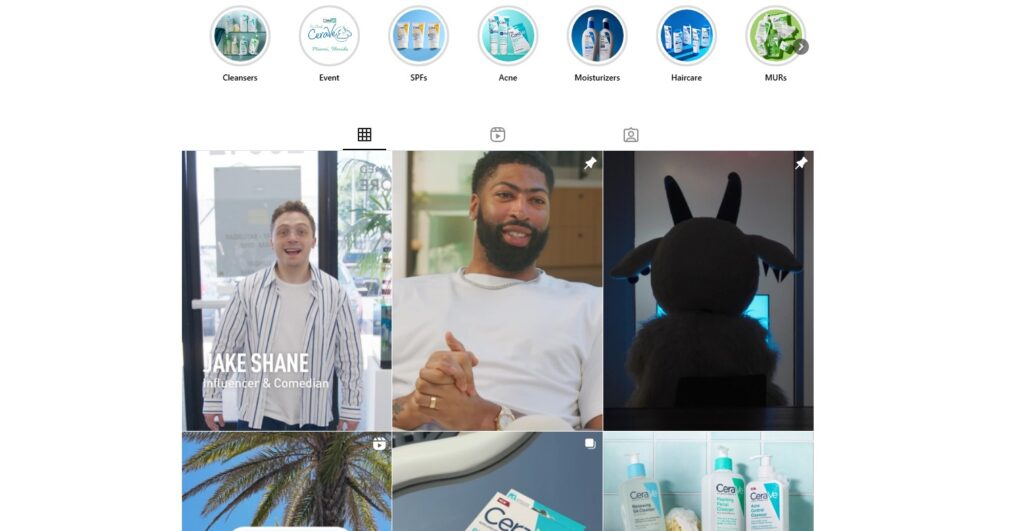A successful social media marketing starts with understanding your business fundamentals. Define your target audience by considering their demographics, interests, and online behavior. A local bakery might target food enthusiasts and busy professionals in their area, while a tech startup might focus on industry professionals and early adopters.
Your brand voice should reflect your business personality. Are you professional and informative, or casual and friendly? This voice should remain consistent across all platforms and interactions. Additionally, set clear, measurable goals such as increasing website traffic by 30%, generating 50 new leads monthly, or boosting brand awareness in your local market. Let’s learn how you can market a small business on social media and target the right audience.
Here is the truth: not every social media platform will suit your business needs. Focus on 2-3 platforms where your target audience is most active rather than spreading yourself too thin across every available platform. Content creation has been revolutionized by AI tools, making professional-quality posts accessible to small businesses with limited resources. However, the key lies in balancing efficiency with authenticity. Social media success depends more on building relationships than broadcasting messages. Respond to comments and messages promptly, showing genuine interest in your audience’s questions and feedback. Create conversations by asking questions in your posts and encouraging user-generated content. Organic reach on social media continues to decline, making paid advertising essential for significant growth. However, social media ads remain cost-effective compared to traditional advertising methods. Track key performance indicators that align with your business goals. Monitor engagement rates, website clicks, lead generation, and conversion rates rather than vanity metrics like follower count alone. Avoid over-promotion, inconsistent posting, ignoring negative feedback, and buying fake followers. These social media mistakes damage your credibility and limit organic reach. Instead, focus on providing genuine value and building authentic relationships with real customers. For businesses seeking faster results or lacking internal resources, investing in digital and social media marketing services in the UK can accelerate growth while ensuring professional execution of proven strategies. Successful social media marketing for small businesses combines strategic planning, authentic content creation, genuine engagement, and data-driven optimization. By focusing on your target audience’s needs, maintaining consistency, and leveraging both organic strategies and paid advertising, you can build a strong social media presence that drives real business results. Start small, stay consistent, and remember that social media success comes from building genuine relationships with your audience rather than simply broadcasting your message. With patience and persistence, social media can become one of your most powerful marketing channels. Moiz Banoori is a seasoned Digital Marketing professional with over eight years of expertise in content creation and digital journalism. At REDLUMB, he spearheads teams to craft impactful SEO strategies that drive online growth and visibility. With a background in journalism, Moiz leverages his expertise in digital marketing to develop effective strategies that boost online visibility and help clients achieve their goals.
Pick A Right Platform
Creating Compelling Content

Engagement & Community Building
Leveraging Social Media Advertising
Analytics & Optimization

Common Pitfalls To Avoid
The Rundown





